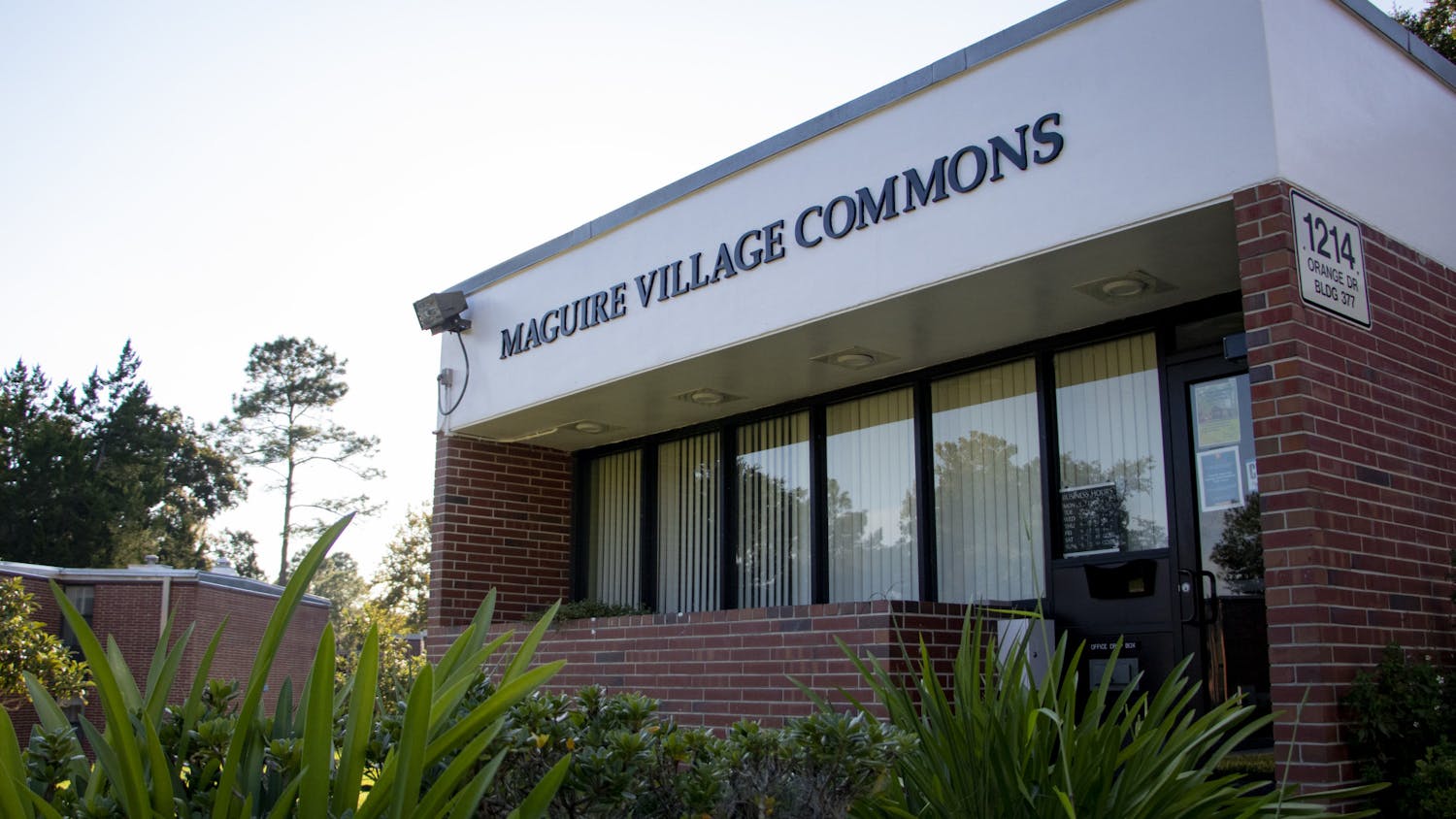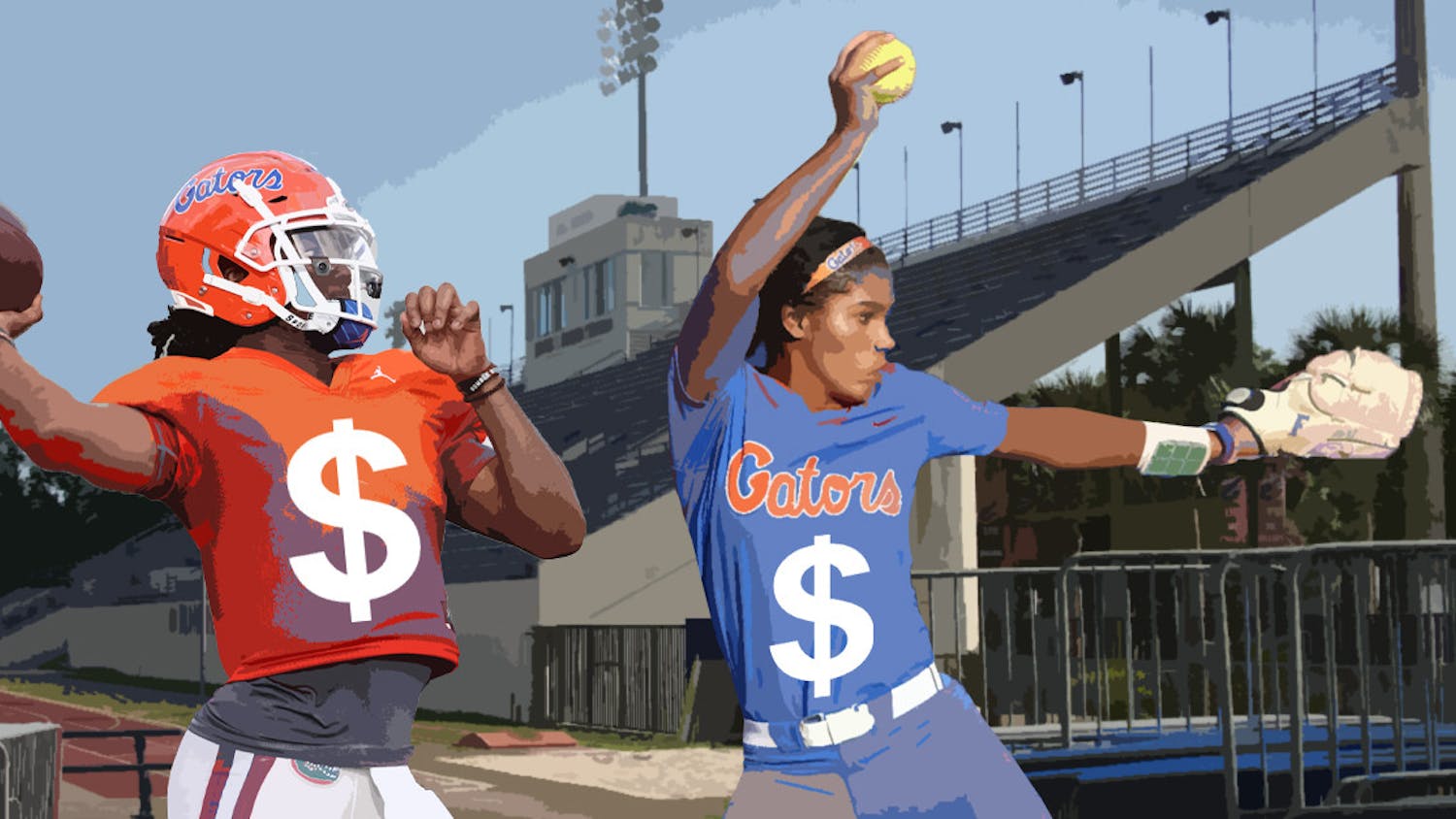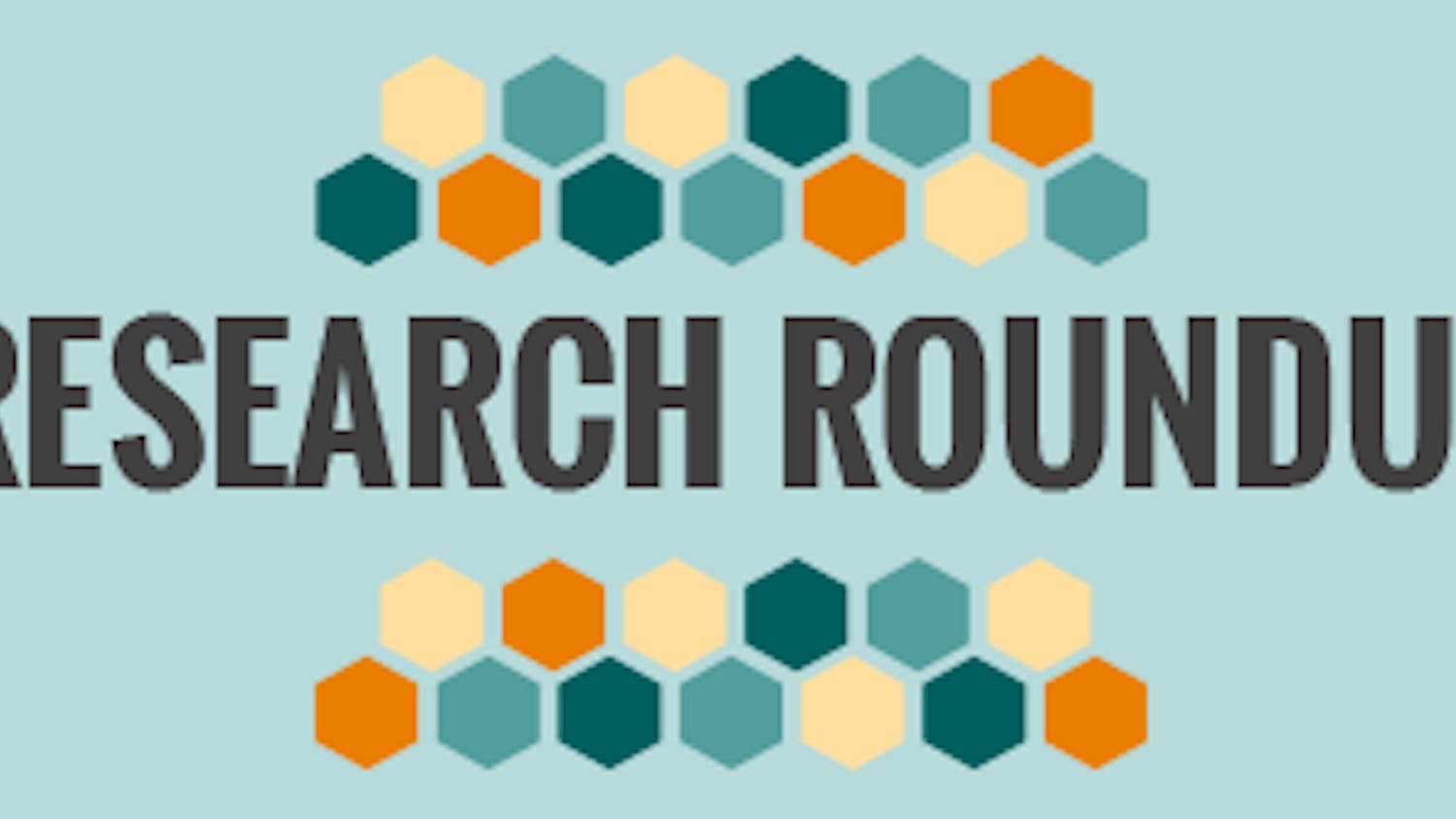Student and amateur athletes alike can take steps to protect their brains Saturday.
Athlete Brain will be administering free baseline concussion tests from noon to 3 p.m at HealthStreet, located at 2401 SW Archer Road.
The student-run organization, affiliated with the UF College of Public Health and Health Professions, aims to promote concussion education and outreach, said Aliyah Snyder, a 28-year-old UF doctoral student in the clinical and health psychology department of the college and the graduate adviser of the organization.
The test, known as the Sport Concussion Assessment Tool, or SCAT3, collects information about how an individual performs on the test. This helps health professionals make treatment decisions if a concussion is suspected in the future and provides a concrete way for doctors to monitor someone’s progress.
“It doesn’t take very long, it’s really valuable, and it may help you kind of reduce your risk in the long term of your negative consequences after a concussion,” she said.
Athlete Brain is the only group that has released research on the baseline concussion test, providing national norms for the previous version, which makes the group highly involved in the development of the test, Snyder said.
Cary Gibbons, a 20-year-old UF applied physiology and kinesiology junior and the vice president of Athlete Brain, is one of the UF students who has been cleared to administer the test.
Gibbons, who is also on the UF Women’s Rugby team, said these tests are a convenience because they’re not usually offered when you get a normal physical.
“We try to educate athletes at all levels and parents — just anyone — about how common concussions are,” she said.
Solomon Patton, former UF football wide receiver and kickoff returner, is conditioning for the National Football League and preparing for the draft. He said that some of his teammates have had concussions in the past, and they would have to miss practice when they were severe.
“So many people get brain damage and people could die,” Patton said. “They really don’t play when it comes to a concussion — they take it real serious.”
[A version of this story ran on page 5 on 3/14/2014 under the headline "Student org to give free concussion tests"]





